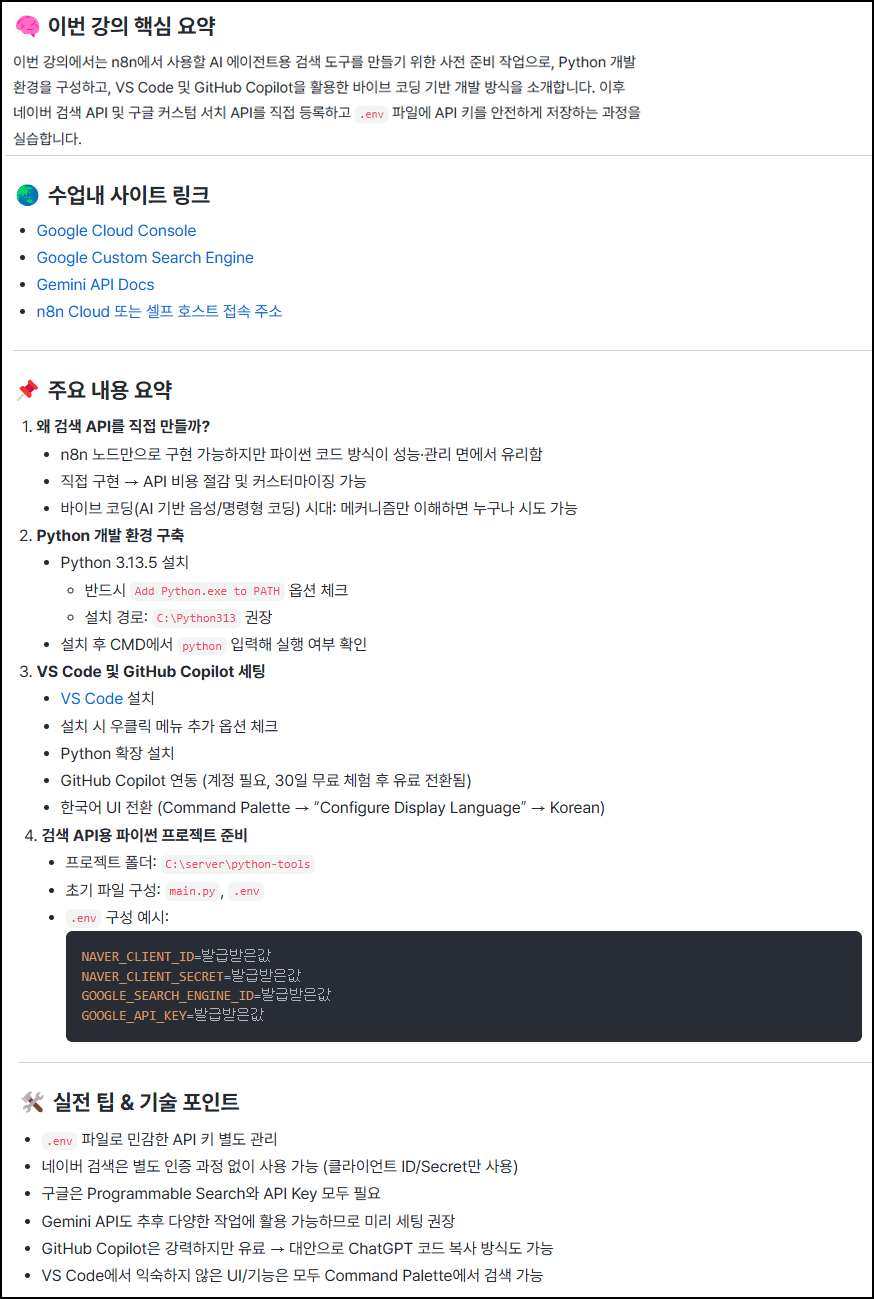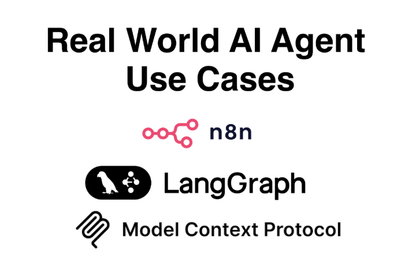First, as a matter of policy, Naver and Tistory currently do not support article writing APIs. This is ultimately a decision not to allow programmatic article creation, which is quite disappointing in the AI era. Tistory supported this until around November 2024, and Naver stopped supporting it much earlier.
Of course, you can create automated writing programs using Python Selenium and similar tools to write articles, but I personally don't recommend operating this way. Since this goes against the service provider's policy, it's only a matter of time before your blog posts get blinded, your blog stops appearing in search results, or in the worst case, you won't be able to operate your blog at all. This has been verified through the experiences of many people around me over a long period, so I'm not just sharing my personal opinion.
However, ironically, there's no problem with copying and pasting AI-written content as long as you don't automatically upload articles using programs. That's why, as covered in the course, you can use an AI Agent to publish articles privately on WordPress and then copy-paste them to Naver or Tistory. I've also tested this method by writing articles on Naver blog and checking search exposure, which is one of the topics covered in the middle of the course. Since automation isn't possible with Naver or Tistory, comparing these services doesn't have much meaning, but if we exclude automation and look at the pros and cons of Naver, Tistory, and WordPress:
Naver offers no freedom at all, but from a user's perspective, since you can only use what Naver allows, it has the advantage of being easy for beginners who have never operated a blog before. Of course, once your blog reaches a stable level and starts getting exposure, this becomes the worst disadvantage because you can't earn revenue from other sources like Google AdSense or other ads besides Naver's own advertising. Also, I hear that recently, articles with Coupang Partners links have started not appearing in search results at all (this is supposedly being gradually applied across the board).
WordPress guarantees complete freedom, so if you have ideas or skills, there's so much you can do, and you can attach any advertising model you want. However, since you have to handle everything yourself, it can feel too difficult for beginners to get started. (By the way, WordPress isn't just for blogs. You can modify WordPress code to create company introduction sites or shopping malls.) Of course, nowadays with AI available, you can ask AI and it will tell you everything. Once you adapt to the WordPress environment to some extent and your blog operates well with good search exposure, there are virtually no disadvantages except for the monthly server costs.
Tistory is positioned somewhere in the middle, mixing Naver and WordPress appropriately. It provides decent templates and guarantees some degree of freedom, but ultimately, since all content on blogs with service providers belongs to the company rather than individuals, there's no real merit there.
In conclusion, if you don't need complete automation and don't mind the effort of copying and pasting AI-written articles, and if you're not interested in revenue from blog operations, then using Naver or Tistory might be more convenient. Otherwise, I unconditionally recommend WordPress.
If you have any further questions, please leave them on the Q&A board, and I would be grateful. Also, thank you deeply for the good rating.











![[A Single Word Does It All!] How to Create Your Own Monetized Website with AI강의 썸네일](https://cdn.inflearn.com/public/files/courses/336091/cover/01jxykkyatyya1dnv22ctkvtwe?w=420)














![[Serial] WE CAN Cursor AI! - We can do Cursor AI too.강의 썸네일](https://cdn.inflearn.com/public/courses/336099/cover/d2b5dda7-c38e-4039-a30f-4c38711b522a/336099.jpg?w=420)

